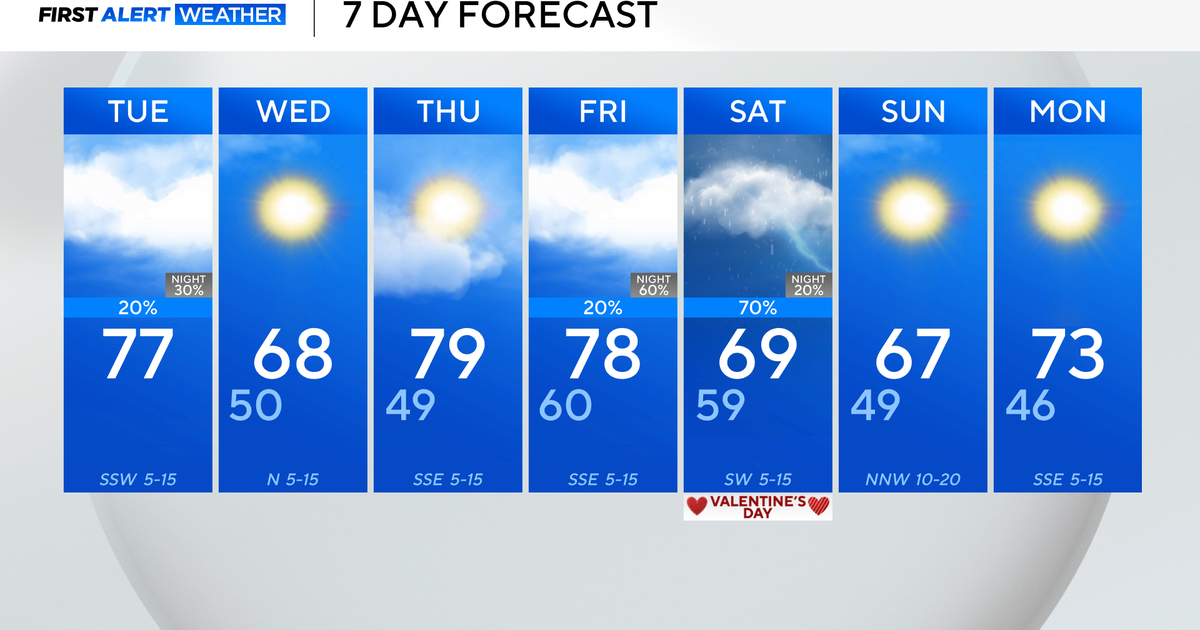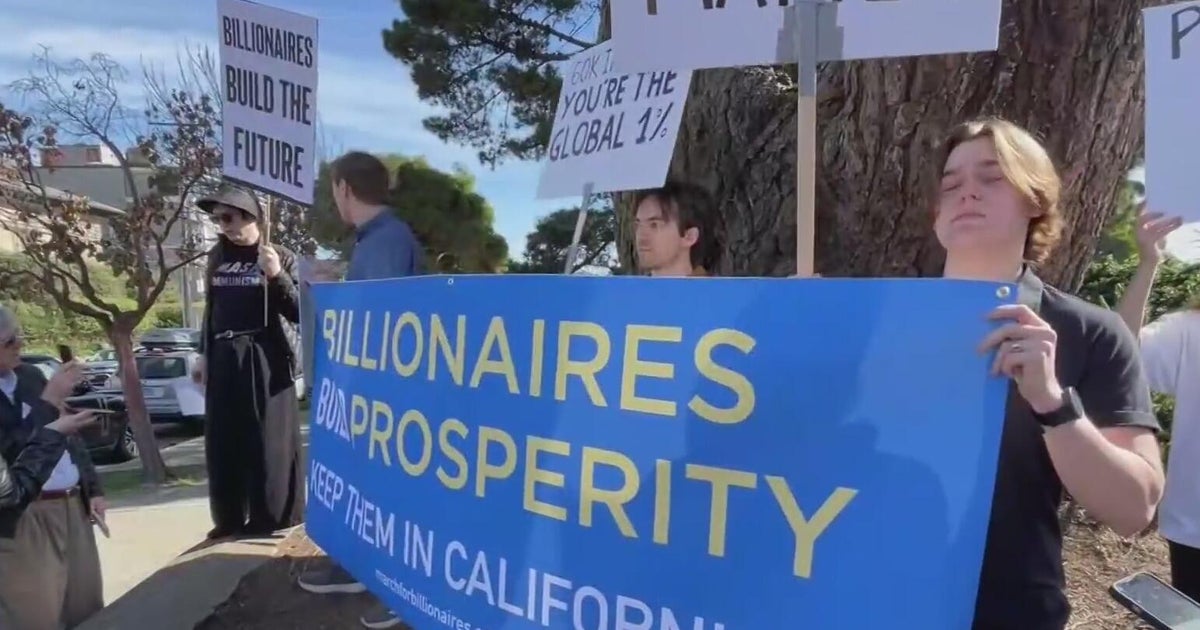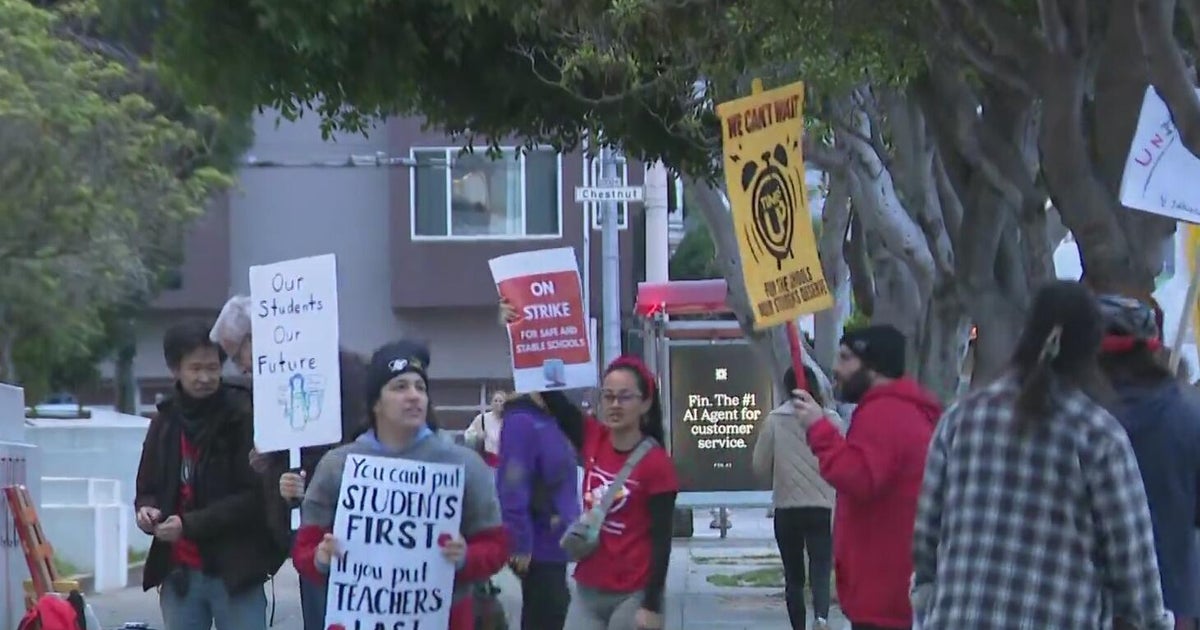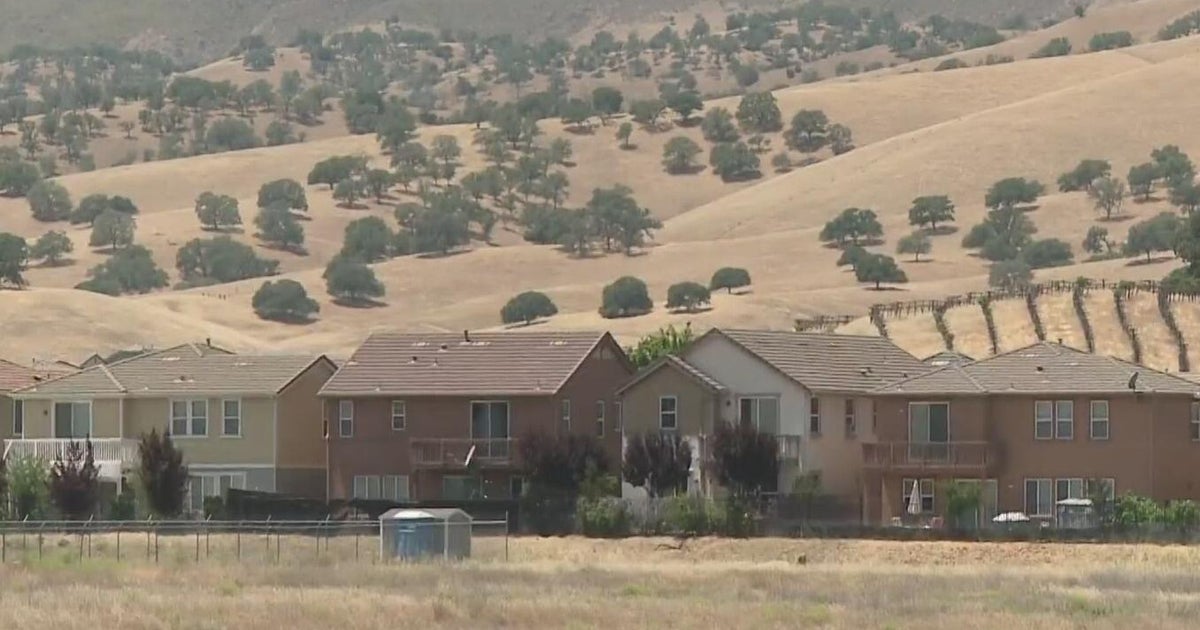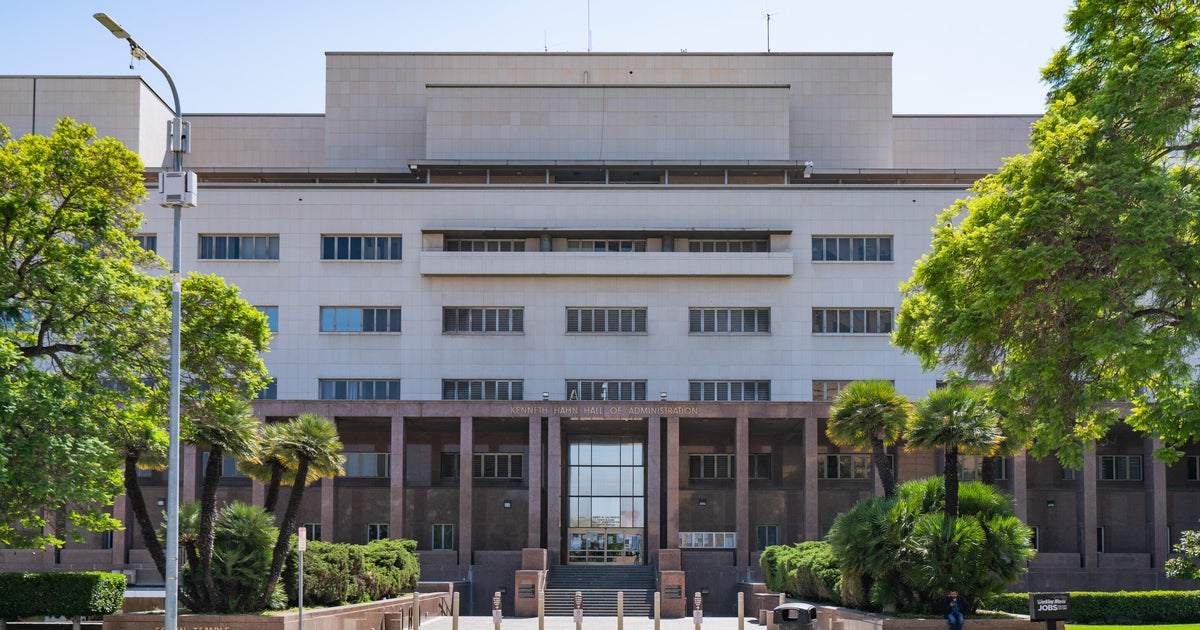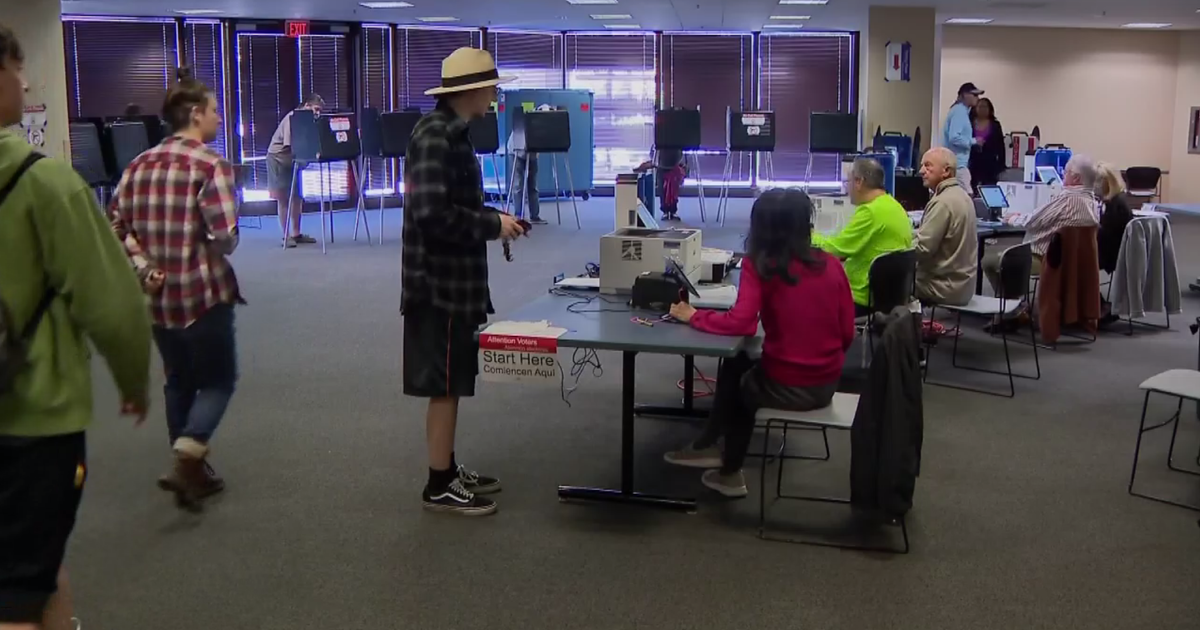Unsettled Texas Primary Date Could Slip Into May
SAN ANTONIO (AP) - The Texas primaries, which were once key to emerging from next month's Super Tuesday elections with the momentum and backing to win the Republican presidential race, may be pushed into May -- and perhaps out of relevance for the race -- because of a dispute over the state's proposed redistricting maps.
Although the chances of an April primary are not officially extinguished, even the judges acknowledged those prospects are fading because of logistics. Elections workers from some of Texas' largest counties are pushing May 22 as the next earliest date if maps can be settled quickly.
One could be finished Wednesday after U.S. District Judge Orlando Garcia ordered the state and minority rights groups to return to court with an agreed-upon map for state Senate.
Despite court-ordered negotiations, the Texas attorney general and minority rights groups suing the state have been unable to compromise for weeks on temporary voting maps for the 2012 elections. On some proposals, only one disputed district stands in the way of a deal.
"The Senate -- get it done," Garcia said Tuesday, pointing his finger at the table of minority rights lawyers.
Delegate-rich Texas was originally scheduled to be a part of next month's slate of Super Tuesday primaries, but the redistricting clash forced the state to reschedule its contest to April 3. With that date now all but dead too, a May primary could be long after Republicans settle on a nominee to face President Barack Obama.
Garcia and the other two judges on the panel have not yet officially canceled the scheduled April 3 primary, but that's a mere formality.
U.S. District Judge Xavier Rodriguez at one point suggested that June 26 may make the most sense for the primary elections. That would make Texas among the last states in the nation to hold a primary but would also ensure that maps would reflect any Voting Rights Act issues that a Washington court is still deciding.
But Democratic and Republican party officials said they would prefer a vote in late May.
"That's asking me if I want to be shot in the stomach or the head," said Steve Munisteri, chairman of the Republican Party of Texas. "I'd rather be shot in the stomach, which would be May."
Even if Texas is left out of choosing who will be at the top of the Republican ticket, plenty is still at stake whenever the state settles on new voting maps.
The ramifications are national because Texas was awarded four new congressional seats following the 2010 census. Whether they go Democrat or Republican could affect the balance of power in the U.S. House.
The updated count determined the population boom in Texas was driven by nearly 3 million new Hispanic residents over the last decade, but minority groups and Democrats say those numbers weren't reflected in how the Republican-controlled Legislature redrew districts statewide.
One example of how far apart both sides remain came early in Tuesday's hearing.
David Mattax, an attorney for the Texas attorney general's office, said the state compromised on more than two dozen districts in its latest offer that was accepted by a handful of minority groups.
The groups that balked, meanwhile, submitted a counterproposal -- which Mattax said featured changes to more than 60 districts.
"This map rewrites the entire state," Mattax said.
Any flickering hopes of an April primary all but died after county officials took the stand. Bexar County Elections Administrator Jackie Callanen testified that because ballots to soldiers deployed overseas must be mailed 45 days prior to an election under federal law, the window for any April primary date had closed.
Callanen suggested May 22 as the earliest date now possible, and at least six other county elections workers raised their hands in agreement.
The judges still asked Callanen, who is responsible for nearly 1 million voters around San Antonio, what would happen if they rushed ahead with an April 17 primary.
"You will be setting counties up for failure. I don't know a nicer way to say that," she said.
Judges also refloated the idea of holding a split primary, in which Texas would hold a presidential primary in April and another primary for state and congressional races later. But the additional costs of holding two primaries would have to be picked up by the state, which has already been forced to make budget cuts.
(© Copyright 2011 The Associated Press. All Rights Reserved. This material may not be published, broadcast, rewritten or redistributed.)
Also Check Out:

